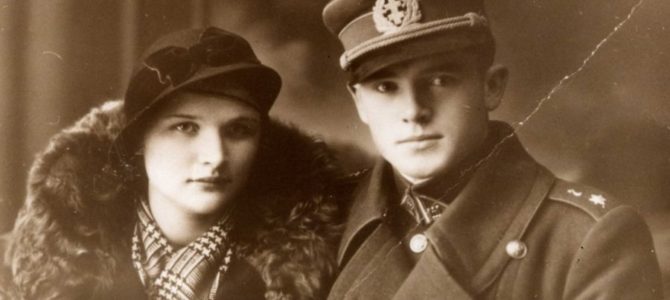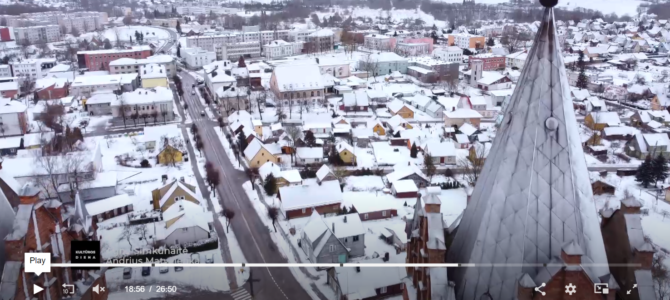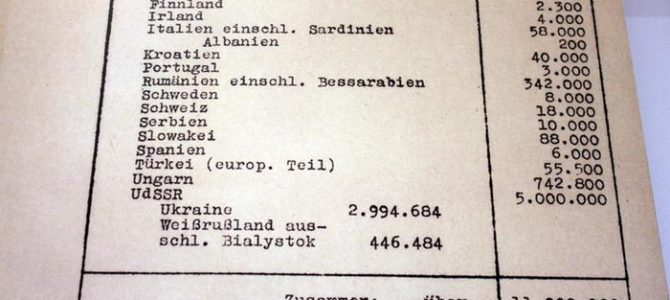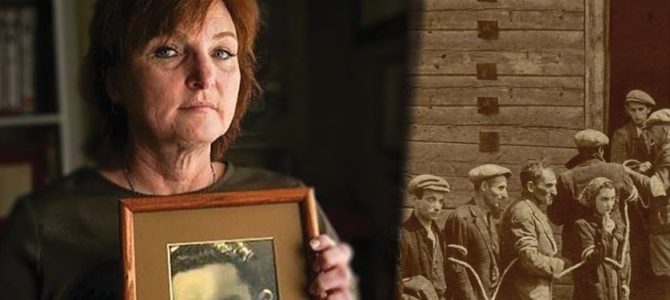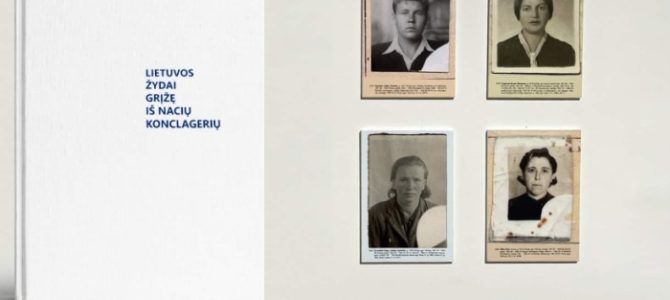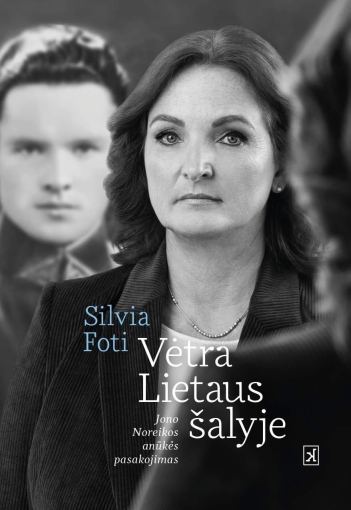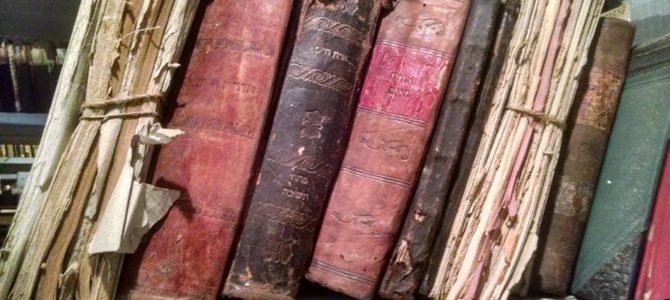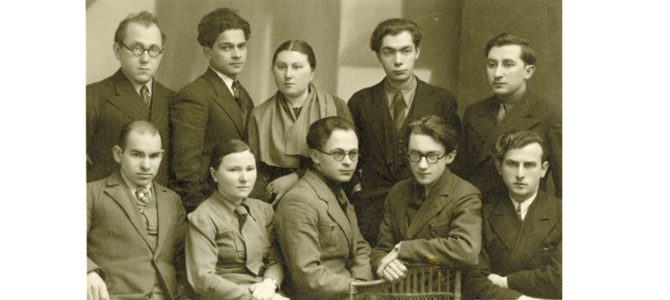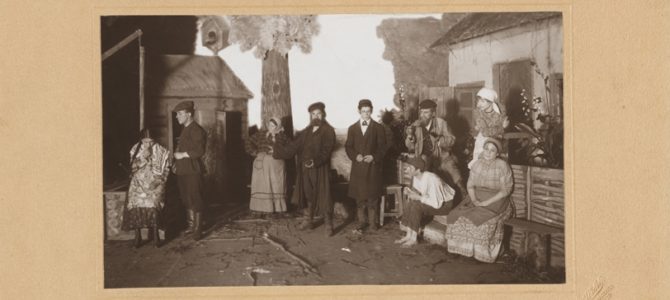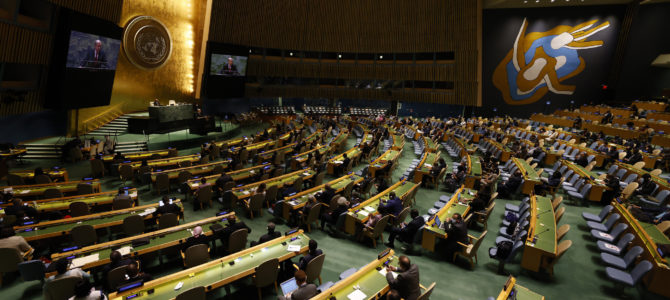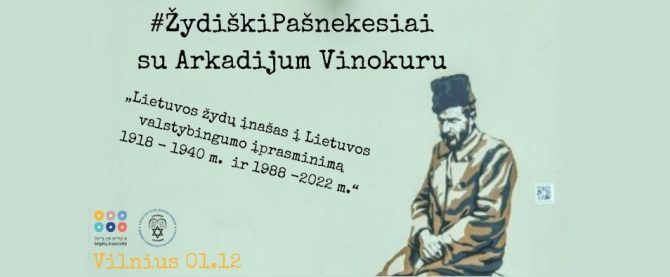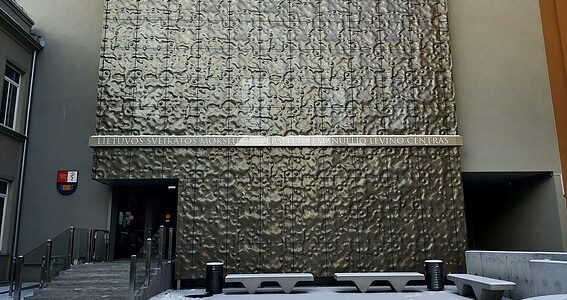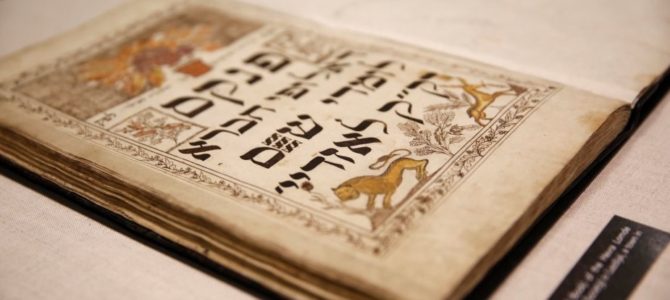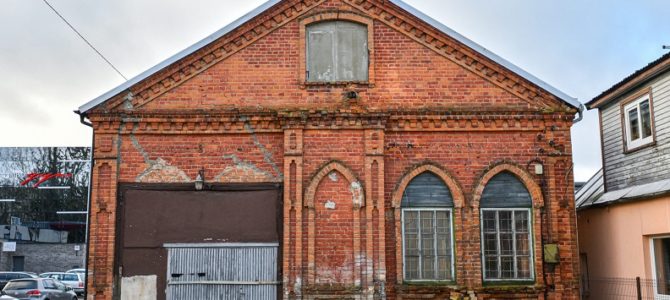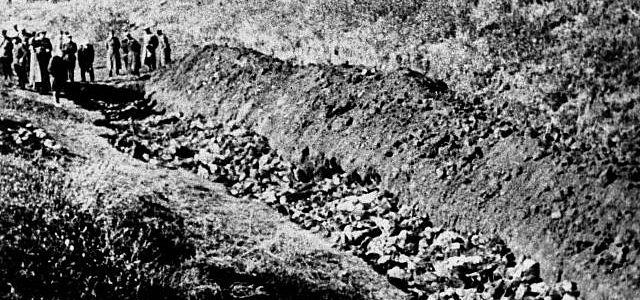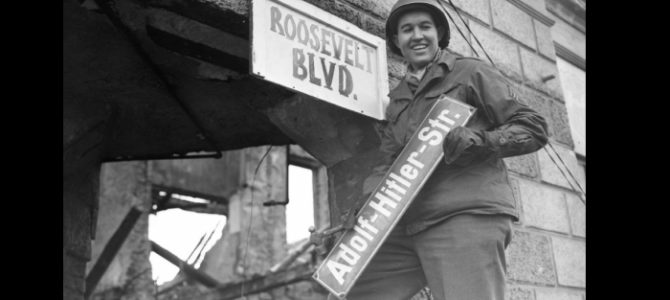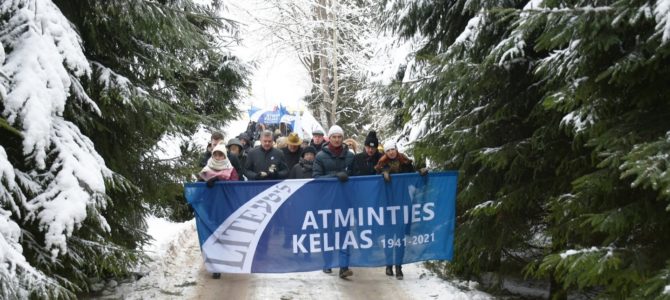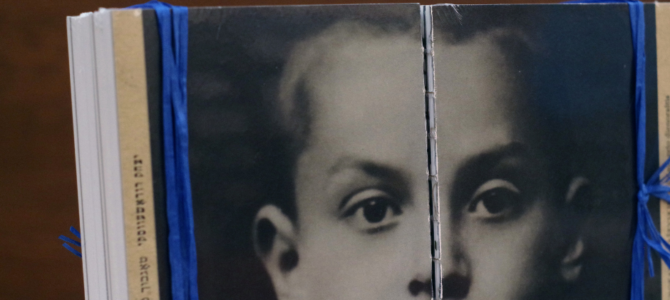Jonas Noreika: Savior or slayer of Jews?
by Silvia Foti
My maternal grandfather was declared a Rescuer of the Jews by the Lithuanian Genocide Resistance and Research Centre. This division is funded by the Lithuanian government, dedicated to establishing and enforcing the legal and official historical narrative of the nation.
The context of the pronouncement was the impending launch of my memoir The Nazi’s Granddaughter: How I Discovered My Grandfather Was a War Criminal. Reluctantly, I had come to the horrific conclusion that my grandfather, Jonas Noreika, was involved in the murder of 8,000 – 15,000 Jews in Lithuania. The book launch in March 2021 coincided with multiple lawsuits against the government of Lithuania, accusing them of Holocaust fraud; these were filed by Grant Gochin, the descendant of some of my grandfather’s victims.
Father Borevičius
A single testimony, given by the Lithuanian priest, Father Jonas Borevičius, was the well from which this decree about my grandfather was drawn. His deposition was given 40 years after the Holocaust in a court in Chicago.


